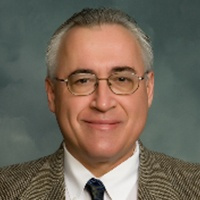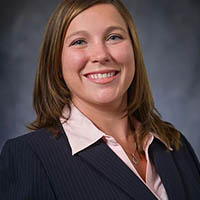Zanesville Misdemeanor Lawyer, Indiana
Sponsored Law Firm
-
 x
x

Click For More Info:
-
Roscoe Stovall Jr. & Associates
2 West Main Street Mooresville, IN 46158» view mapAccident & Injury Law Working Relentlessly For You
Let Roscoe Stovall Jr. & Associates handle your Accident & Injury case.
800-847-2831
Not enough matches for Zanesville Misdemeanor lawyer.
Below are all Zanesville Criminal lawyers.
Michael Richard McEntee
✓ VERIFIEDAccident & Injury, Workers' Compensation, Divorce & Family Law, DUI-DWI, Wills & Probate
General Practice and Workers Compensation since 1977
My name is Mike McEntee and I have been practicing law in Fort Wayne for over thirty years. I was born and raised here and my three children all went ... (more)
Megan Lynn Close
✓ VERIFIEDCriminal, Divorce & Family Law, Estate, Traffic, Employment
Megan Close is a dedicated individual who commits her life and practice to the service of others. If you are looking for someone who you can trust, lo... (more)
FREE CONSULTATION
CONTACTPatrick Ryan Miller
DUI-DWI, Felony, Misdemeanor, Criminal
Status: In Good Standing Licensed: 33 Years
Nicholas Alexander Podlaski
Estate, Child Support, Divorce & Family Law, Misdemeanor, Consumer Protection
Status: In Good Standing Licensed: 9 Years
 Roscoe Stovall Mooresville, IN
Roscoe Stovall Mooresville, IN


